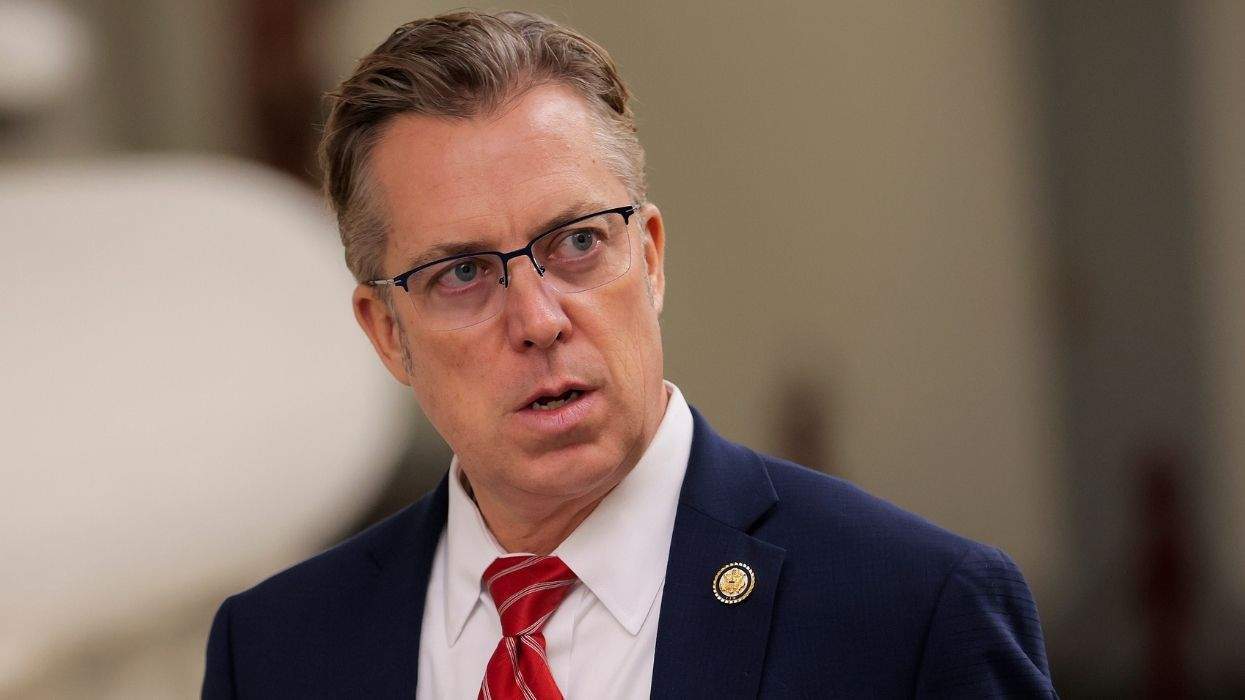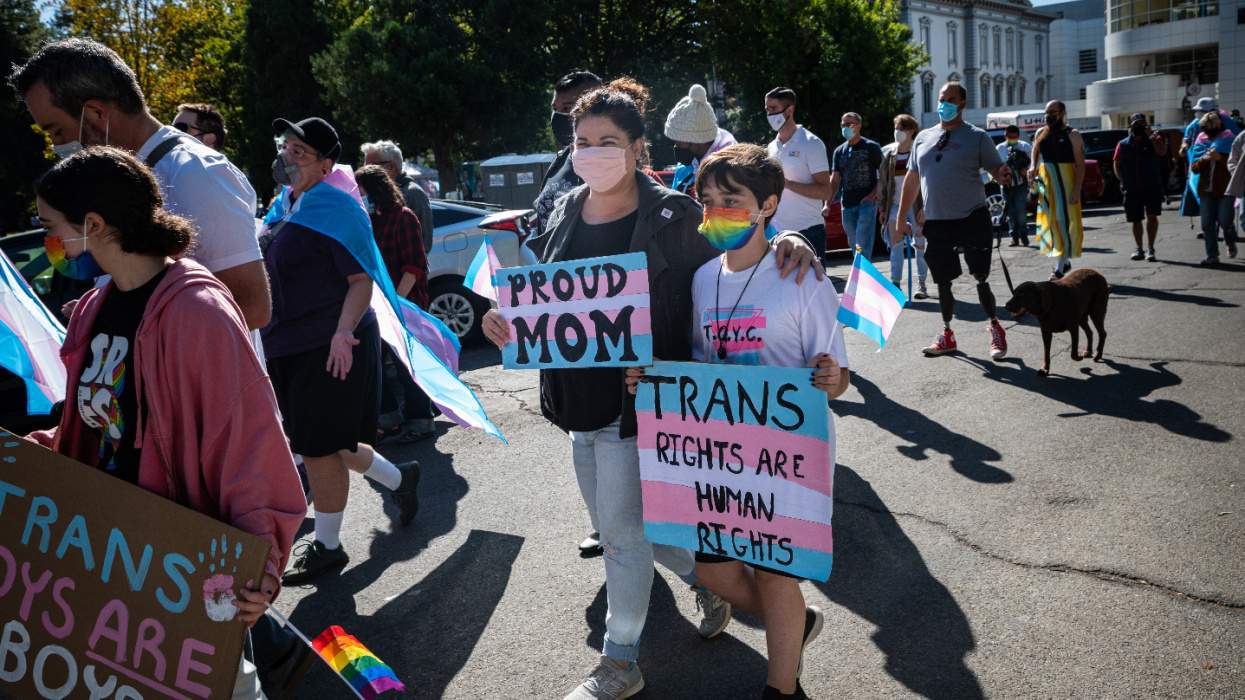Nearly 3 percent of students in ninth and 11th grade are transgender or gender-nonconforming, according to a new study released in Pediatrics.
The research analyzed around 81,000 teens in Minnesota; nearly 2,200 students identified as trans or gender-nonconforming, preferring the neutral pronouns such as "them."
"Diverse gender identities are more prevalent than people would expect," said Nic Rider, a University of Minnesota postdoctoral fellow who was the lead author of the study.
These kids also reported worse mental and physical health than their cisgender classmates, echoing earlier results showing LGBT teens are more susceptible to violence. Rider believes that bullying and discrimination against these students are a possible reason for this issue, although the study did not confirm this assumption.
This study follows findings from University of California, Los Angeles that reported an estimated 0.7 percent of teens (13-17) are transgender. Government data says 1.4 million adults are transgender, making up 0.6 percent of the population. The new study finds that the amount who feel their gender differs from what was assigned at birth is over four times the previously estimated amount.
The earlier numbers of transgender population "have been underestimated by orders of magnitude," said Dr. Daniel Shumer, who specializes in transgender medicine at the University of Michigan, in an opinion article that accompanied the study in Pediatrics. "Youth are rejecting this binary thinking and are asking adults to keep up."
"With growing trans visibility in the United States, some youth might find it safer to come out and talk about gender exploration," Rider said. In the past decade genderqueer or trans figures have emerged in society, including Laverne Cox, Janet Mock, and Alexandra Billings. Fewer trans men have been noticed by the media, though.
Despite various federal agencies calling for more research on gender and sexual identity, the Trump administration has removed all questions about LGBT people from the 2020 census.
"If the government doesn't know how many LGBTQ people live in a community, how can it do its job to ensure we're getting fair and adequate access to the rights, protections and services we need?" Meghan Maury, Criminal and Economic Justice Project Director of the National LGBTQ Task Force, wrote in a statement. "Information from these surveys helps the government to enforce federal laws like the Violence Against Women Act and the Fair Housing Act and to determine how to allocate resources like housing supports and food stamps."
As of now, the Centers for Disease Control and Prevention has not investigated the status of transgender youth, saying it's difficult to find the right way to ask teens and children about their gender identity and get a credible answer.
Rider's survey asked teens about their assigned gender and if they currently identify as transgender, genderqueer, gender fluid, or are unsure. They were not questioned whether they had physically transitioned through hormone therapy or surgery.
In order to improve the emotional health of the growing member of transgender youth, Rider suggests that the study should encourage doctors to ask teens how they identify and if they are experiencing harassment. Her perspective is in line with the American Academy of Pediatrics policy that pediatricians use gender-neutral terms.















